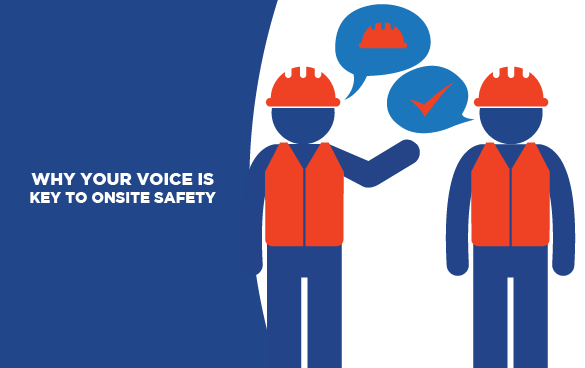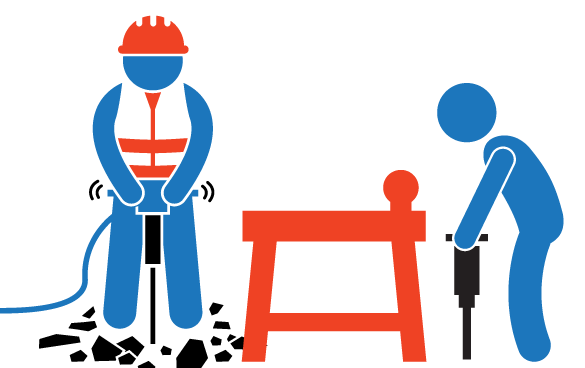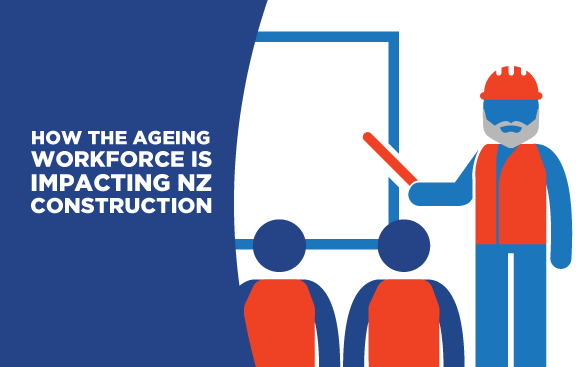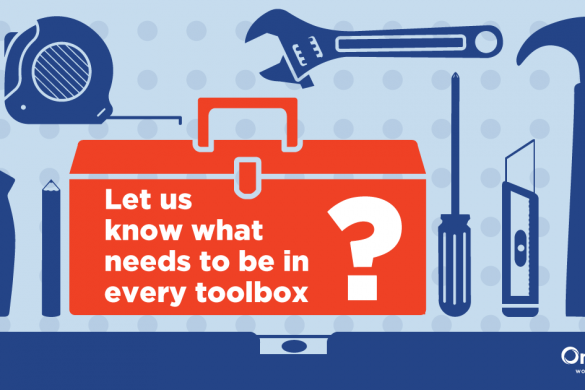The economic disruptions caused by COVID-19 has resulted in many people finding themselves out of work in a short space of time, and finding a new role in this market can be a challenge. Following on from our recent blog on “how to bounce back after losing your job,” we decided to delve deeper into the topic and provide some industry-specific advice to ensure you have all the tools and information you need restart your career.
In this Q&A, we spoke with our Auckland Area Manager, Logan Fui, who shared his insights into the Manufacturing and Production market, along with guidance for those experiencing job loss in this sector on how to move forward.
Can you provide an overview of the current state of the Manufacturing and Production job market?
Logan: The indication is that we will continue to see some demand, particularly in the primary sectors and where we are exporting. New Zealand is in the enviable position of being COVID-19-free, which provides a lot of peace of mind for our trading partners. Whilst some businesses have not returned to full production, those that did remain operating throughout Alert Level 2 as essential services experienced spikes in demand which was driven by panic buying. However, as the majority of the country moves away from practices such as social distancing, some food and beverage production companies have decided to take a cautious approach and continue operating as though in Alert Level 2.
The most common communication we have seen in recent weeks is, “Wait for Level 1,” as the consensus was that it would likely bring in a high demand for staff resulting from a backlog and planning the Christmas work which ordinarily commences around August.
I think the next six months will be a pattern of “get as much done as possible”. I also expect that some manufacturers might be looking at returning production to NZ soil, which would be great and would make a lot more sense should we go into lockdown again.
Has COVID-19 affected this industry’s hiring process, and how?
Logan: In talking to our customers, there have been increased conversations around restructure. During the lockdown, some companies realised that a portion of the work can be done remotely and by less staff. We have also seen some clients forced to make redundancies.
In terms of the hiring process, the new normal is obviously coupled with concerns about the potential for another lockdown. We have seen an increased focus on H&S measures, whereby any staff members showing symptoms are asked to stay home (for obvious reasons). As a result, we are getting questions not just based on skills, but also around medical, time-off and health-related issues.
What should someone do after they are made redundant?
Logan: The best anyone can do is obviously to make a plan for their next step. What I have said in recent days to applicants is to consider all options relevant in their desired area of work, as well as potentially utilising their transferable skills in other sectors. Temping is likely to be the best option for now, as some companies might choose to consolidate what the next six months look like before committing to hiring full-time workers.
What skills are Manufacturing and Production employers looking for in candidates?
Logan: Anyone with a background in factory or production will know that not all roles are similar. As the Manufacturing and Production space moves towards automation, roles are relying more on skills such as programming. However, there will always be a place for hard-working people who are happy to work long hours and enjoy team environments.
In terms of what we look for in candidates, the key skills and qualities include automation abilities, good work ethics, self-motivation, teamwork, self-awareness and accountability. At the end of the day, the product that leaves a customer’s site has your workmanship in it somewhere along the line – so we want people who take pride in this.
How can jobseekers find new roles in this competitive market?
Logan: As a result of restructures, redundancies and closures, we are currently in a job market that is saturated with skilled jobseekers. The key is to accept that you might not find a role exactly like the one you were in previously and to be open to other opportunities. That’s not to say you should forget about finding your ideal job, but for the next six months, consider what your motivation is and focus on what’s best for you and your career in the long run.
If you had to give one piece of advice on how to bounce back after losing your job, what would it be?
Logan: Be true to yourself – options may not come thick and fast but find something that you can enjoy in the short term whilst you keep looking into the future.
For support with finding your next Manufacturing job, reach out to us today – we’re here to help you navigate every step of the recruitment process and find the right opportunity in this challenging job market.










